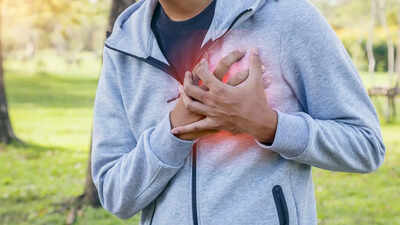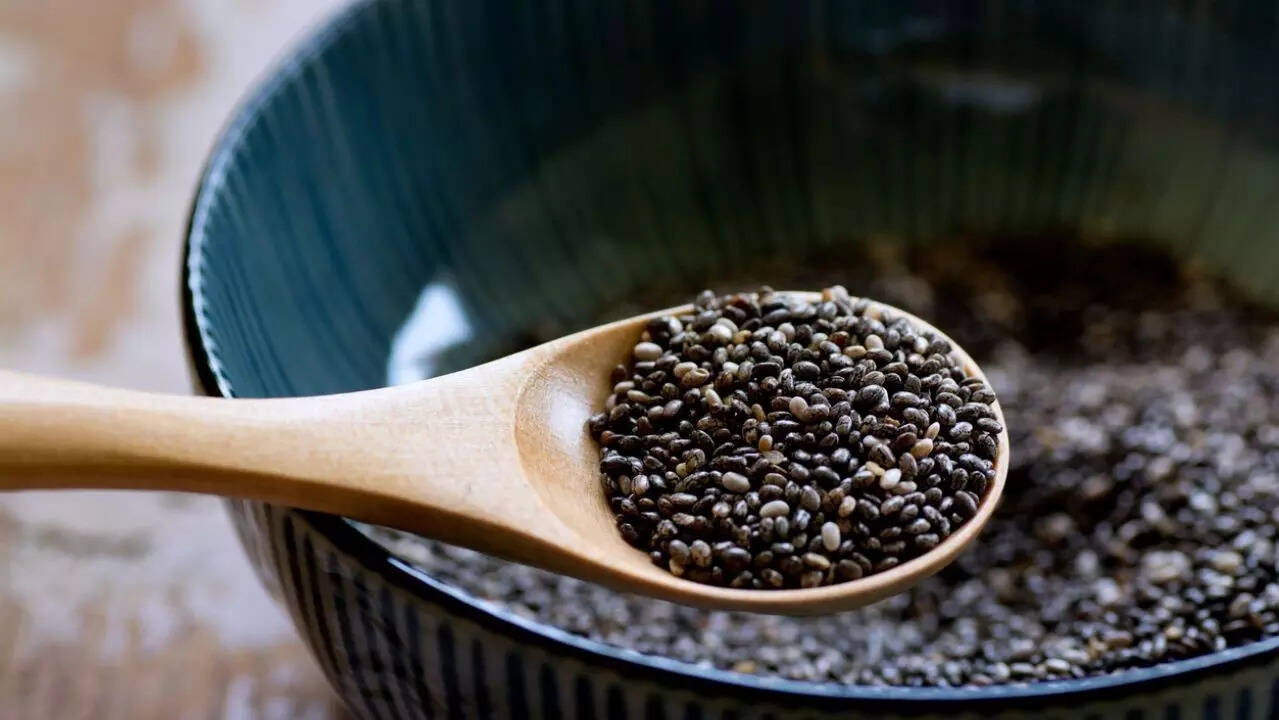
Heart attacks are no longer just a concern for seniors. New research reveals that heart disease is hitting younger adults, especially women, harder than ever. With a 66% rise in heart attacks among adults aged 18 to 44, it's critical to recognise early warning signs of heart trouble.
Experts say lifestyle habits, rising obesity, and even past COVID infections are driving this surge. If you're in your 40s, 50s, or 60s, now is the time to take charge of your heart health and prevent a silent crisis. Here’s what you need to know and how to protect yourself.Heart disease is often considered a concern for older adults, but new findings show a troubling trend: heart attacks are on the rise among younger adults, particularly women. In an interview with Yahoo! Life, Dr.
C. Noel Bairey Merz, director of the Barbra Streisand Women’s Heart Center at Cedars-Sinai's Smidt Heart Institute, shared her insights into this alarming development. She pointed out that while heart attacks among adults aged 18 to 44 are still relatively rare, their incidence has jumped by over 66% since 2019. Meanwhile, heart attack rates have decreased in other adult age groups.According to Apollo Hospitals, it is true that increasing age is a risk factor, and heart attacks are more common after 45 in men and after 55 in women, with risk increasing as one grows older. A heart attack is far from rare in the younger age group of 30 to 40 years. Coronary Artery Disease (CAD) occurs at a younger age in Indians, with over 50% of CAD mortality occurring in individuals aged less than 50 years. Prevalence of acute MI (heart attack) as high as 25 to 40% has been reported in the young, that is, patients below 40 years of age.
Warning signs behind the sudden rise in heart attacks
Obesity is rising, and it’s hitting young adults hard. Obesity is a growing issue in all age groups, but younger adults seem to be feeling the effects on their heart health more than older generations.Dr. Andrew Moran, a preventive cardiologist and epidemiologist at Columbia University, told Yahoo Life that the rise in obesity is happening faster in people under 50 than in older adults. One reason may be that eating habits often form early in life.Dr. C. Noel Bairey Merz, a cardiologist at Cedars-Sinai, explained to Yahoo Life that she still eats the way she did growing up, before the fast food boom. In contrast, today’s younger adults were raised on fast food, sugary drinks, and processed snacks like Doritos and snack bars. Many continue those habits into adulthood.These poor diets, combined with more sedentary lifestyles, have contributed to what Bairey Merz calls the “diabesity” epidemic—a dangerous combination of obesity and diabetes.
Both of these conditions raise the risk of high blood pressure, heart disease, and heart attacks because they damage blood vessels and put extra strain on the heart.
COVID-19 may have worsened heart health
COVID-19 doesn’t just affect the lungs; it can also harm the heart. The virus can cause heart inflammation (myocarditis) and other cardiovascular issues, even in younger people.Dr. Moran noted to Yahoo Life that many young adults who had serious cases of COVID also had other risk factors like obesity.
One study found a 30% rise in heart attack deaths among people ages 25 to 44 during the first two years of the pandemic.Even after recovering from COVID, around 4 out of every 100 people in the U.S. experience heart-related symptoms within a year. Dr. Ashish Sarraju from the Cleveland Clinic added that while traditional risks like obesity and high blood pressure matter, the impact of COVID on heart health is something doctors are still studying closely.
Young men often don’t get heart screenings
Men are generally more likely than women to have heart attacks. But younger men may be even more at risk because many don’t regularly visit the doctor.Dr. Moran explained that young women are more likely to see a doctor each year for gynaecological checkups, but young men often miss these routine visits. As a result, many men don’t realise they have high blood pressure or diabetes until they end up in the hospital.
Unique heart risks facing younger women
Heart attack rates are increasing fastest among women ages 35 to 54.
Between 1995 and 2014, hospitalisations for heart attacks in this group jumped from 21% to 31%, according to one study.Dr. Bairey Merz told Yahoo Life she’s trying to understand why, and several factors may be playing a role:
- Diabesity: Diabetes is a stronger risk factor for heart disease in women than in men, though it’s not clear why.
- Smoking and vaping: Many young women start smoking or vaping in college, often to manage their weight. Bairey Merz warns that e-cigarettes and cannabis are just as harmful to the heart as regular cigarettes.
- Stress and hormonal changes: High stress levels—often made worse by social media—can disrupt menstrual cycles. Missing periods can lower estrogen levels, which may increase heart disease risk.
What you can do to protect your heart
Though the warnings are constant, you can do some damage control and restore the health of your heart, or in other words, you can take steps now to reduce your risk of heart disease and heart attacks. Here’s what professionals suggest:
- Eat more fresh foods: Dr. Moran recommends eating more fruits and vegetables and cutting back on packaged and processed foods. This helps lower your sodium intake, which is important for your heart health.
- Be physically active: Try to stay active most days of the week, even if it’s just a walk. Consuming healthy food and doing physical exercise help you to maintain a healthy weight and reduce the chances of developing high blood pressure.
- Don’t smoke or vape: Avoid all tobacco and cannabis products; they can all harm your heart.
- Manage stress: Pay attention to your mental health, especially if you feel overwhelmed or anxious.

 4 hours ago
2
4 hours ago
2






 English (US) ·
English (US) ·